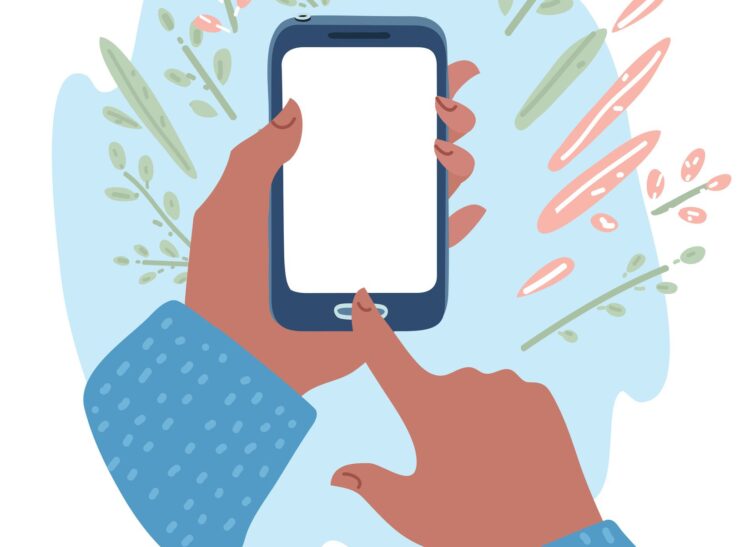Every person is different in themselves, and that makes them unique. Each uniqueness is a specialty, it is a difference that in its own way is sweet and in its own way is beautiful to look at. But despite this, some people are not used to differences and do not want to see and accept differences, which is unfortunately very bad. They sometimes do not even choose their words, utter various terms that are offensive, give descriptions that are inappropriate, underestimate other people’s appearance, other people’s behavior, other people’s life … All this in so many words is presented as discrimination or discriminatory behavior.
Discrimination of any kind is one of the most disheartening things a person can experience. It attacks their value as human beings and can leave them feeling othered and hurt.
Unfortunately, this type of case can be challenging to prove. Discrimination is usually carried out in a mix of verbal attacks and microaggressions that culminate in either quitting their job or seeking legal help.
Here are the top types of evidence that can prove discrimination in any case and give the victims some peace of mind.
1. Witnesses

If the discrimination is in the form of a verbal attack, it’s important to find anyone who witnessed this happening. Although not everyone will be willing to come forward in a case like this, their testimony could change the case’s outcome. This could mean that they heard what was said about the victim or saw the attack firsthand. Unfortunately, asking them to agree to speak in support of the victim in court can be a lot, and it’s harder to find witnesses than other forms of evidence. Finding witnesses may be the most important thing in a process of reporting discriminatory behavior. If you have had witnesses in your case, you will need to ask them, talk to them, calmly explain the situation to them, ie that the event left you with psychological traces that will torment you and that is why you need his help and his testimony. Be honest by asking the witness to testify about you because with that you will be able to sincerely ask for his help in this case which hurts and harms you a lot. We believe that the witness will agree and will be on your side.
2. Evidence In Writing

If the discrimination was through words, there’s no better evidence than an email or text that shows it. These could be direct attacks, or it could be a series of microaggressions that add up into working conditions that aren’t safe for the victim. Microaggressions are phrases, or ideas, that seem small but can grate a person down over time. Whether it’s rude assumptions about someone based on protected status or generalizations about people like them, it’s far easier to catch when typed out. This type of evidence that is in writing is especially good when it comes to finding evidence related to discriminatory events. If you have had a discriminatory incident in which someone sent you offensive messages, illegal content in written form then find a way to use that content in your defense.
Take screenshots of the conversations and submit them in resolving your case because only then will you be able to defend yourself and do your best to punish the one who mistreated you and used discriminatory words.
3. Proof That Less Worthy Employees Got Promoted

If an employee has been working at a company for long enough, has proven themself time and time again, yet still gets passed over for a less deserving employee: this could be a large piece of evidence. Furthermore, this evidence would prove that the employer has purposefully chosen a less qualified employee because of purposes other than their skills.
Of course, flukes do happen, so this evidence works best if victims can prove that it’s happened more than once.
Injustices in work experience always happen. We have all witnessed at least once where in our own or someone else’s example someone was more valued in the workplace or we have witnessed an act of rewarding workers who were not valued for it. It is normal, it has happened and it will happen, but precisely because everyone already considers it normal, it needs to be changed because it is discrimination and this behavior must not continue. Bad workers should not be rewarded before good workers precisely because the bad worker is well acquainted with the boss or the HR team. There must be change for things to get better.
4. Proof In Uneven Hiring or Firing Practices

Do only certain kinds of people get hired or fired from the company? Is the entire office full of only one type of person despite living in a more diverse area? This could stand for any protected status, meaning there are only white men in power or only fire minorities when the time comes to let someone go.
5. Pay Gaps and Inequalities

Employees have become hardwired not to talk about finances unless it’s with their employer. Because of this, many don’t realize when there’s a pay gap between them and their coworkers. If there is a significant pay gap, this could be a symptom of a problem with discrimination. Most discrimination cases that handle pay differences are found in favor of the employer, so it’s essential to gather as much proof of these discrepancies as possible.
Everyone deserves an equal right to work and be comfortable in their job
Everyone deserves a chance to prove themselves in their workplace and show what they know and can do. With that, every worker will be able to fight for his job, he will be able to fight for a higher salary, better conditions and a better working environment. If each of the workers is like this and has such rights and freedoms then the companies will be much better places than they are today and will be the desired job for all people who in the future will look for a job like the one offered by the changing company. Therefore, if you encounter bad behavior in the form of discriminatory treatment, do not wait – report it and solve the case on time because of you because you do not deserve that behavior.












